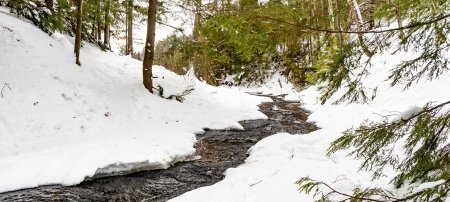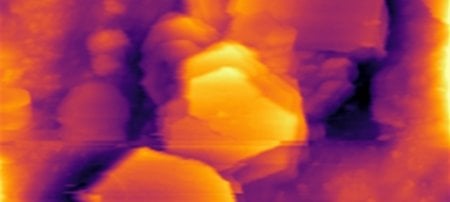The Michigan Tech Research Award offers an opportunity for an individual to be recognized for outstanding achievement in research.

Water is perhaps the most controversial natural resource in the U.S., and Alex Meyer recognizes that, for all its controversy, it is essential to life and society. Mayer is the Charles and Patricia Nelson Presidential Professor in civil and environmental engineering and studies water resources.
His impact in the field earned him Michigan Tech's 2015 Research Award. Noting his dedication to water quality and scarcity research, Mayer’s colleagues nominated him for the award.
More than his dedication distinguishes Mayer’s research. As an environmental engineer, he has been drawn to transdisciplinary research—a science process that builds on many perspectives, including those beyond science like policymakers, NGO staff, and community members.
"I have to thank my colleagues for their patience as I learn about what they do—the languages they use in their disciplines, their thought processes and paradigms—it's definitely enriching, and I learn new ways to think," Mayer says, adding that collaborators outside his own field tend to ask the most challenging research questions. He also says transdisciplinary projects have made his research relevant.
"Collaborating with so many people helped me go from solving pure science problems to solving people problems," he says.
Michigan Technological University is an R1 public research university founded in 1885 in Houghton, and is home to nearly 7,500 students from more than 60 countries around the world. Consistently ranked among the best universities in the country for return on investment, Michigan's flagship technological university offers more than 120 undergraduate and graduate degree programs in science and technology, engineering, computing, forestry, business, health professions, humanities, mathematics, social sciences, and the arts. The rural campus is situated just miles from Lake Superior in Michigan's Upper Peninsula, offering year-round opportunities for outdoor adventure.




